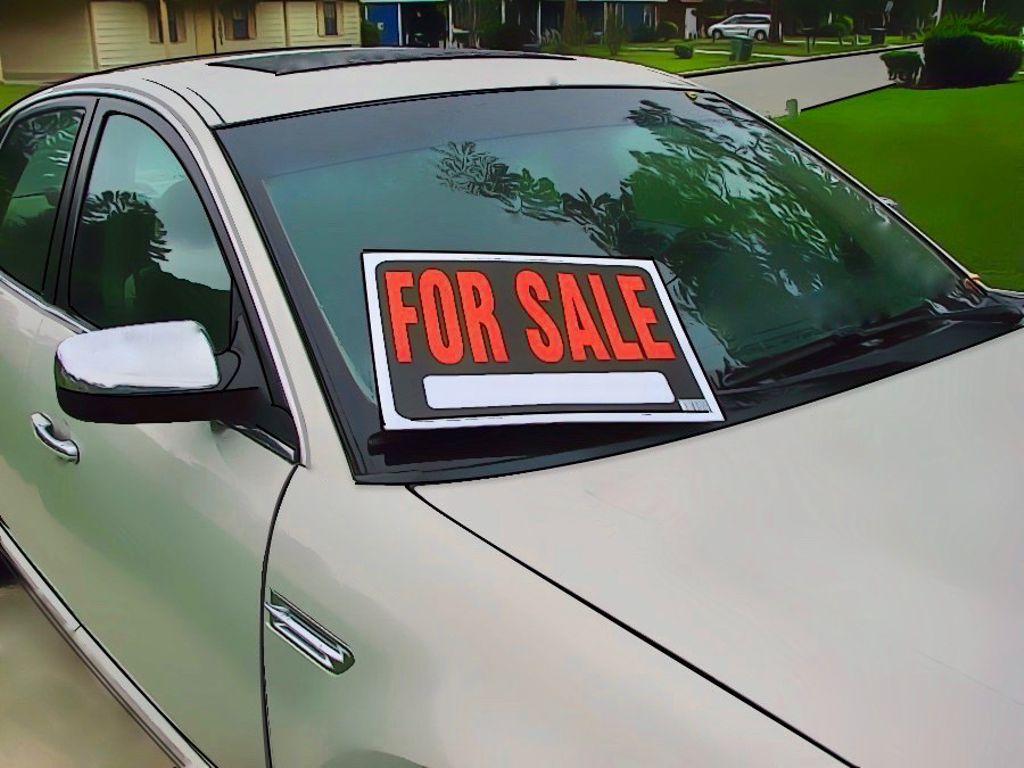Purchasing a second-hand car can be a intimidating task, especially for those who may not be familiar with the details of the automotive market. With numerous options offered, from certified pre-owned vehicles to private sales, it’s important for buyers to equip themselves with the appropriate knowledge. A vehicle history report is a vital tool in this process, delivering insights that can help you escape expensive mistakes and get the most value for your money.
By comprehending what a vehicle history report includes, you can make informed decisions and confidently navigate the used car buying landscape. Whether you are on the hunt for a dependable family SUV, a fuel-efficient sedan, or even a high-end car that suits your budget, knowing the history of the vehicle can save you from unexpected surprises down the road. Let's examine the significance of vehicle history reports and how they can equip you as a savvy used car shopper.
Essential Tips for Purchasing a Pre-owned Car
Regarding buying a pre-owned car, research is your best friend. Begin by identifying the model of car that suits your expectations, whether it's a trustworthy sedan for daily commutes or a roomy SUV for group excursions. Once you have a list, explore reviews and scores to gain insight into each vehicle's reliability and general satisfaction among owners. Check out online resources or buyer guides to find ratings on the exact vehicles you are looking at.
Next, comprehending car histories is essential. These documents can provide important information regarding a vehicle's past, such as accident history, ownership condition, and previous ownership. Ensure to see if the vehicle has any active safety notifications, as this might affect the safety and functionality. Reviewing this data can help you make an educated decision and possibly save you from buying a vehicle with hidden problems.
In conclusion, always perform a thorough checkup and test drive before finalizing your buying decision. Check for indicators of wear and tear, inspect the motor and gearbox, and listen for any strange sounds while driving. A drive test should cover different road conditions to assess maneuverability and ride quality. If you are not certain in your evaluation skills, consider enlisting a trusted automotive expert to assess the car. Adhering to these steps will help ensure you find a second-hand car that fits your requirements and provides great value.
Comprehending Vehicle Past Recordings
Whenever purchasing a secondhand vehicle, a automobile history report is an essential resource that delivers significant insight about the automobile’s history. This record usually includes facts such as previous collisions, title issues, service records, and the count of previous owners. By reviewing these aspects, prospective purchasers can achieve understanding into how properly the vehicle has been taken care of and whether it has any lingering issues that could affect its functionality or security.
A of the most important features highlighted in a car history report is whether the vehicle has been engaged in any accidents. An accident can cause extensive harm, and even if repairs were made, underlying issues might persist. Additionally, checking for ownership records helps purchasers detect flood-damaged or salvaged automobiles, which can carry a higher risk. Comprehending these elements enables purchasers to make better decisions and potentially prevent costly errors.
Obtaining a vehicle past report is relatively simple and usually accessible through multiple online platforms. Buyers should refer to these records before finalizing a purchase, and it's advisable to obtain the record straight from the vendor when evaluating a vehicle. By leveraging this record, pre-owned vehicle buyers can not only confirm the vehicle's condition but also bargain for a more favorable cost based on any red flags that the history might reveal.

Funding and Protection Plans for Pre-Owned Vehicles
When it comes to securing a loan a pre-owned vehicle, clients have various options that can suit different financial circumstances. Standard lenders, such as banks and credit unions, often extend favorable rates for pre-owned vehicle financing. However, for individuals with poor credit, special financing programs may be accessible, assisting you get a loan in spite of prior credit challenges. https://articlescad.com/the-comprehensive-checklist-for-used-car-buyers-51417.html to shop around and compare different offers to identify the most advantageous financing deal that meets your financial plan and needs.
Protection Plans are an additional crucial aspect to consider when buying a pre-owned vehicle. While a lot of used vehicles are "as-is", some may still be under the original warranty or come with a warranty from the dealer. Certified pre-owned vehicles typically include extended warranties, which offer further peace of mind. Comprehending what warranty coverage comes with the pre-owned car or looking into your choices for buying an extended warranty can support safeguard your investment in the years ahead.
In addition to funding and warranties, it's essential to be cognizant of the vehicle's overall worth and future costs. Factors such as inspection findings, maintenance history, and potential repairs should be taken into account when determining the total expense of ownership. By making wise decisions regarding funding, warranties, and the overall health of the used car, clients can ensure they are making a smart investment that will serve them well for many years ahead.
